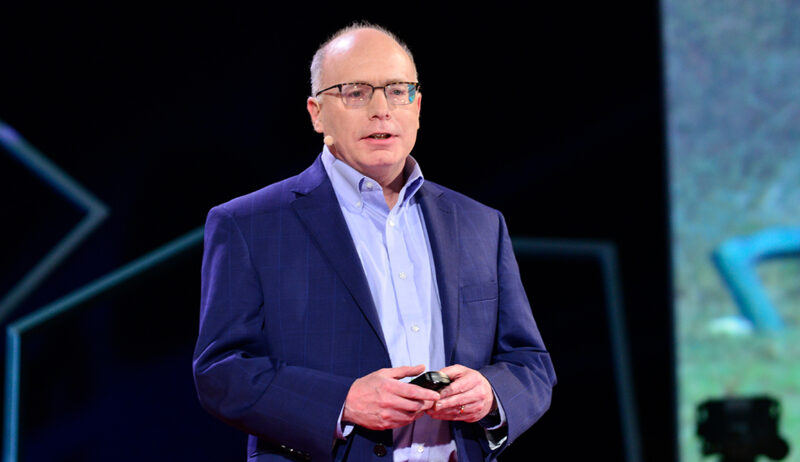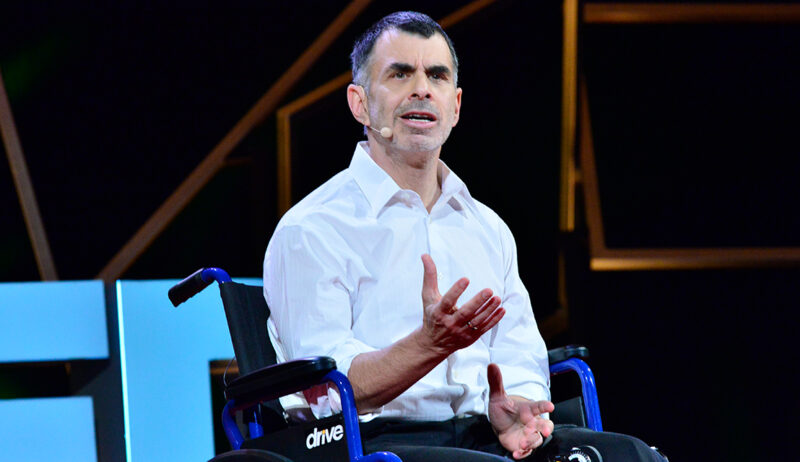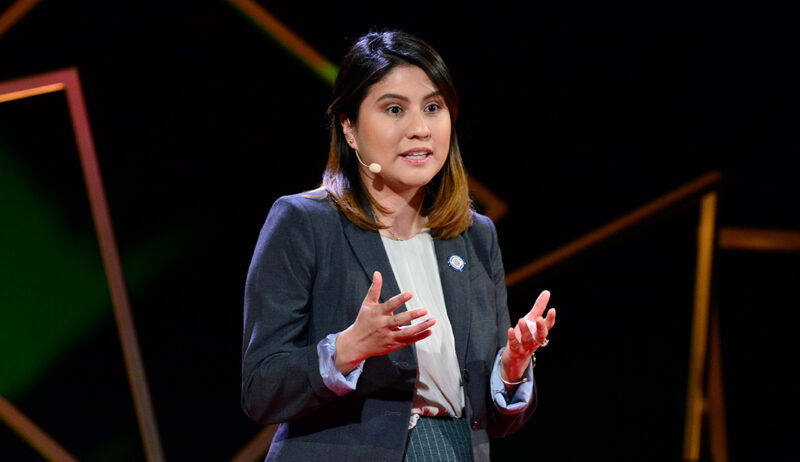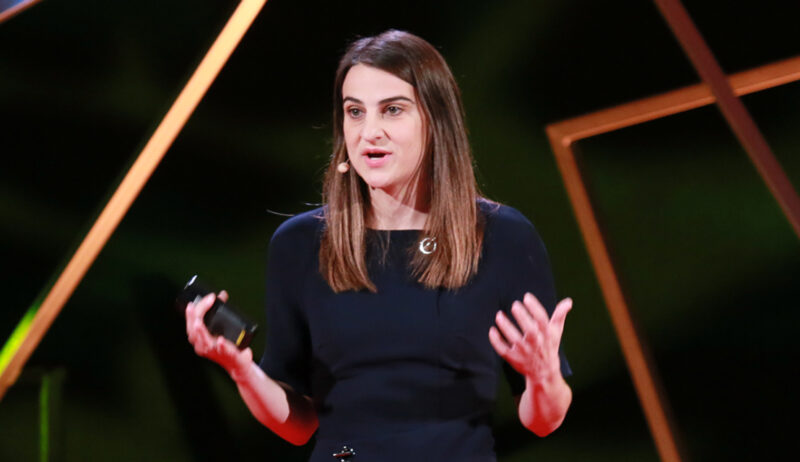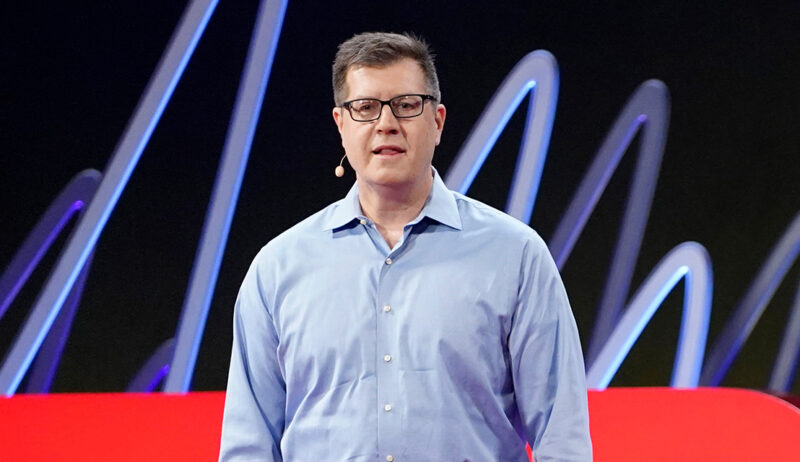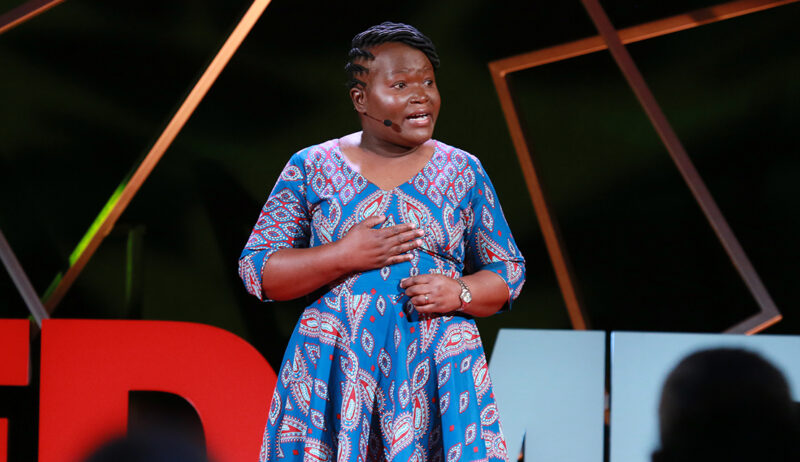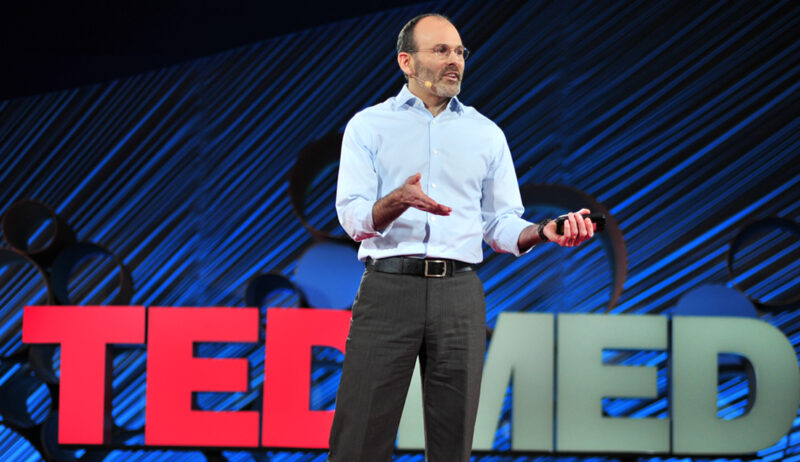About this talk
People are bombarded by noise every day. Sometimes it’s loud and inescapable, like the sound of construction happening outside your window, and other times it’s quiet, like the hum of a fan that fades into the background. Either way, unwanted noise is stressful, and most people have limited opportunities to be in a quiet space and truly unwind.
Psychiatrist and scientist Mathias Basner studies how noise negatively affects our health in ways that extend beyond the auditory component. In his work, he draws connections between noise exposure and an array of health issues ranging from poor sleep to cardiovascular disease. Tune in to Mathias’s 2018 TEDMED Talk to learn more about the many things we can do on both an individual and societal level to better protect ourselves from noise and to foster the health benefits of silence.
About Mathias Basner
See more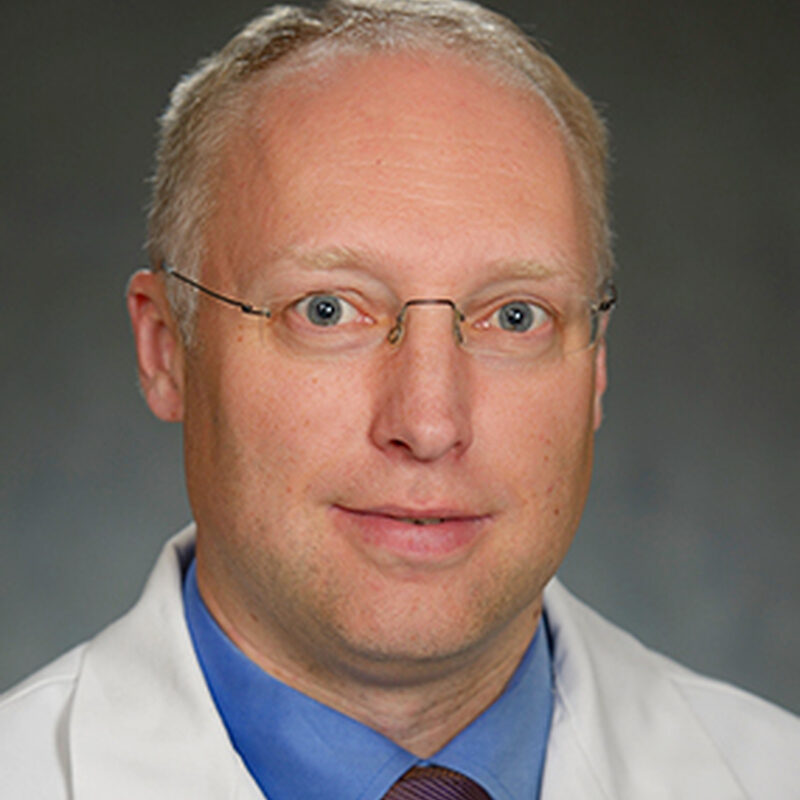
About Mathias
Mathias Basner is a professor in the Department of Psychiatry at the University of Pennsylvania’s Perelman School of Medicine. He is a leading expert on how sleep is affected by our environment and lifestyle. His research is critical for understanding the impact of modern life on our health. A significant part of his work focuses on the impact of traffic noise on sleep and health. He has conducted large-scale studies to measure how sounds from planes and cars disturb sleep. His findings have been used by organizations like the World Health Organization (WHO) to create guidelines on environmental noise. He also developed a unique algorithm to non-invasively monitor sleep disturbance, and he has received funding from the FAA to study how aircraft noise affects sleep in the U.S. In addition to his work on noise, Mathias also researches the effects of sleep loss on brain function and studies the health of astronauts on long space missions. He is a senior editor for the journal Sleep Health and serves as a member of key international committees related to aviation and environmental protection. His work has earned him prestigious awards, including the German Aerospace Center Research Award.
